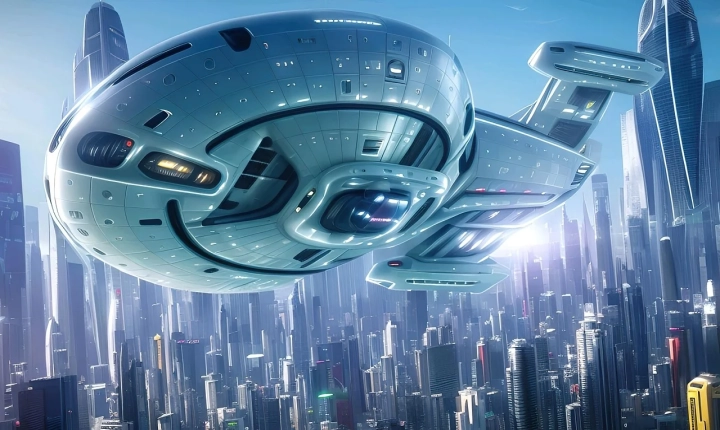Can ChatGPT Write Recipes? A Look at AI in the Culinary World
Artificial intelligence has become an integral part of various industries, revolutionizing the way we approach tasks and challenges. From healthcare to finance, AI has made significant strides in improving efficiency and accuracy. In recent years, AI has also made its way into the culinary world, raising the question: can AI, such as ChatGPT, write recipes?
ChatGPT, a language generation model developed by OpenAI, has gained attention for its impressive ability to understand and generate human-like text. This has opened up numerous possibilities for its application in various fields, including the culinary realm. With its natural language processing capabilities, ChatGPT has the potential to create recipes, offering a new approach to food creation and gastronomy.
The emergence of AI-generated recipes presents both opportunities and challenges. On one hand, AI can analyze vast amounts of data, draw insights from culinary traditions, and come up with innovative combinations that human chefs might not consider. The ability to produce a high volume of recipes quickly can also be valuable for food content creators, cooking websites, and food-related applications. Furthermore, AI can take into account dietary restrictions and preferences, providing customized recipes for individuals with specific dietary needs.
However, there are concerns about the authenticity and quality of AI-generated recipes. Traditional cooking involves a level of intuition, creativity, and sensory perception that may be difficult for AI to replicate. Human chefs often rely on their experience, cultural background, and sensory perception to create unique and flavorful dishes. Can AI truly capture the essence of these qualities and deliver recipes that are truly delightful and authentic?
One way to address these challenges is to view AI-generated recipes as complementary to, rather than a replacement for, human creativity. Instead of trying to completely emulate the skills of a human chef, AI can be used as a tool to enhance and streamline the creative process. It can provide inspiration, suggest new ingredient combinations, and help in the development of new culinary trends. Additionally, the use of AI in the culinary world can foster collaboration between AI systems and human chefs, resulting in a fusion of tradition and innovation.
In order to ensure the quality and reliability of AI-generated recipes, it is crucial to train and fine-tune the AI models with a diverse range of input data. This includes recipes from various cultures, cuisines, and dietary requirements. By exposing the AI to a broad spectrum of culinary traditions and flavors, it can develop a more comprehensive understanding of cooking techniques and food pairings.
Moreover, it’s essential to have human oversight and validation of AI-generated recipes. Professional chefs and food experts can review and refine the recipes generated by AI, ensuring that they align with culinary traditions, are practical to execute, and produce delicious results. This collaborative approach can help maintain the authenticity, creativity, and quality of AI-generated recipes.
As the culinary world continues to evolve, AI is poised to play an increasingly significant role in shaping the future of food creation and consumption. While AI-generated recipes may not replace the artistry of human chefs, they can certainly complement and enhance the culinary landscape. With the right approach and collaboration, AI has the potential to contribute to a more diverse, innovative, and inclusive culinary experience for both professionals and home cooks alike.
